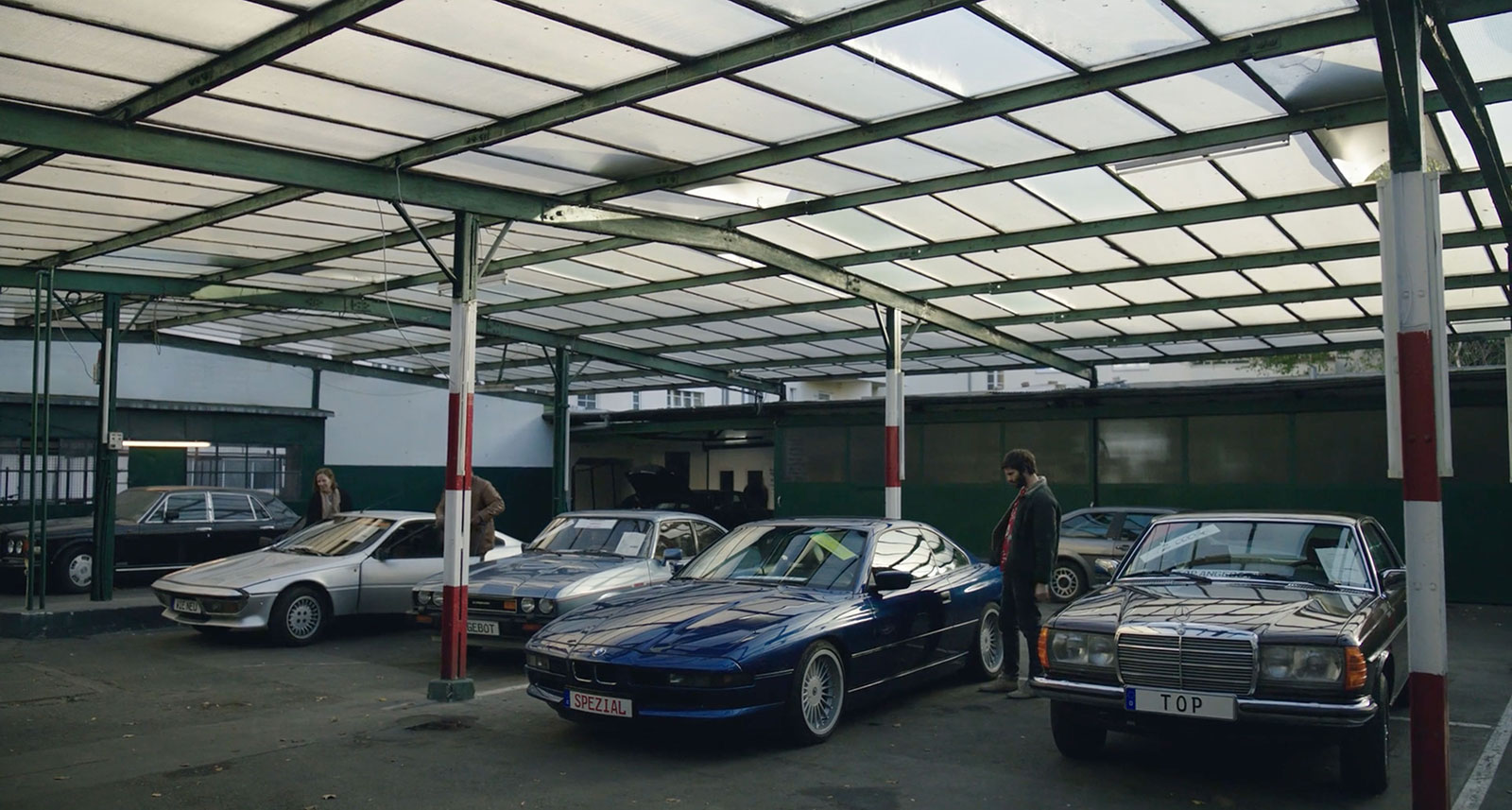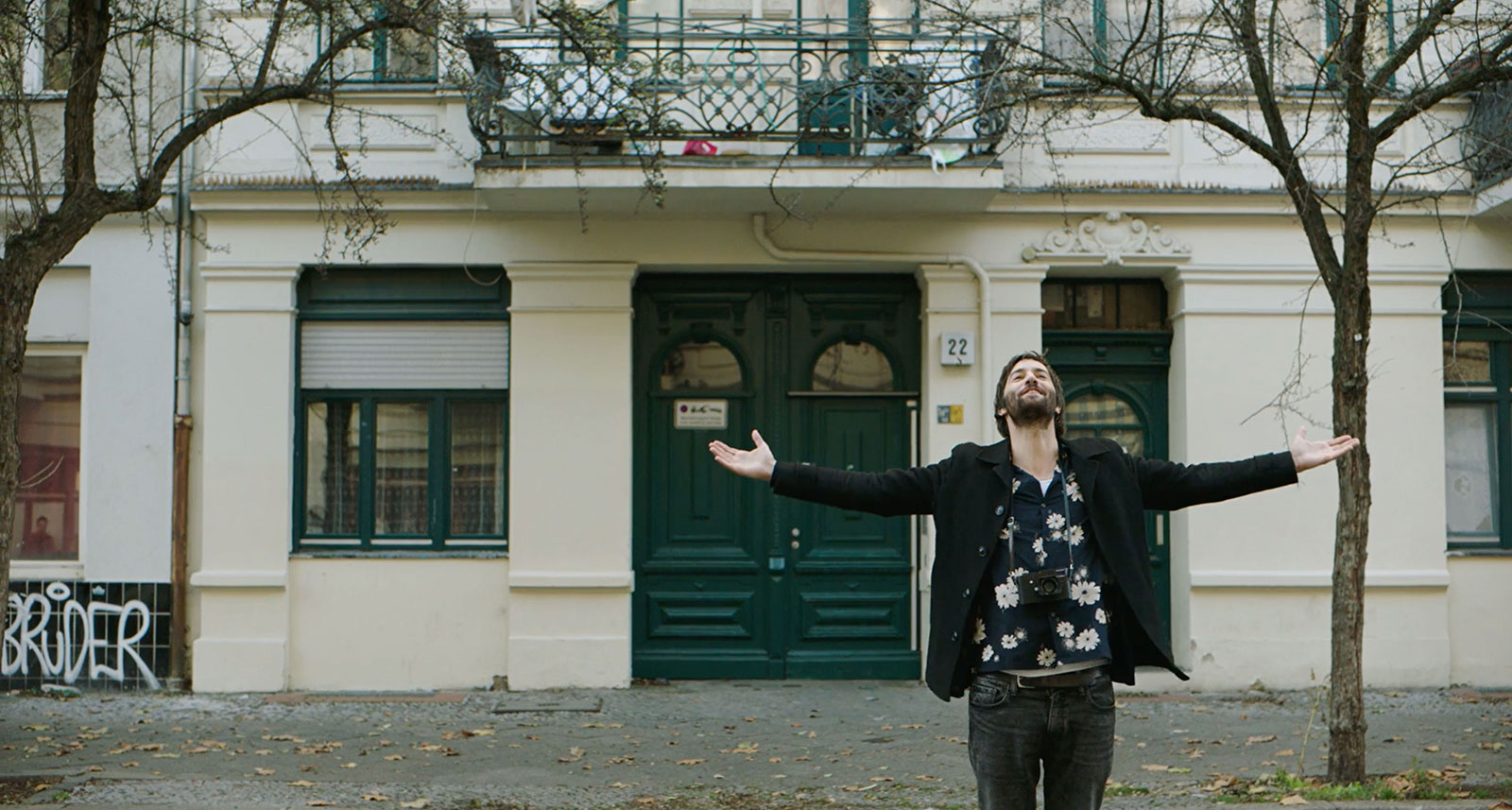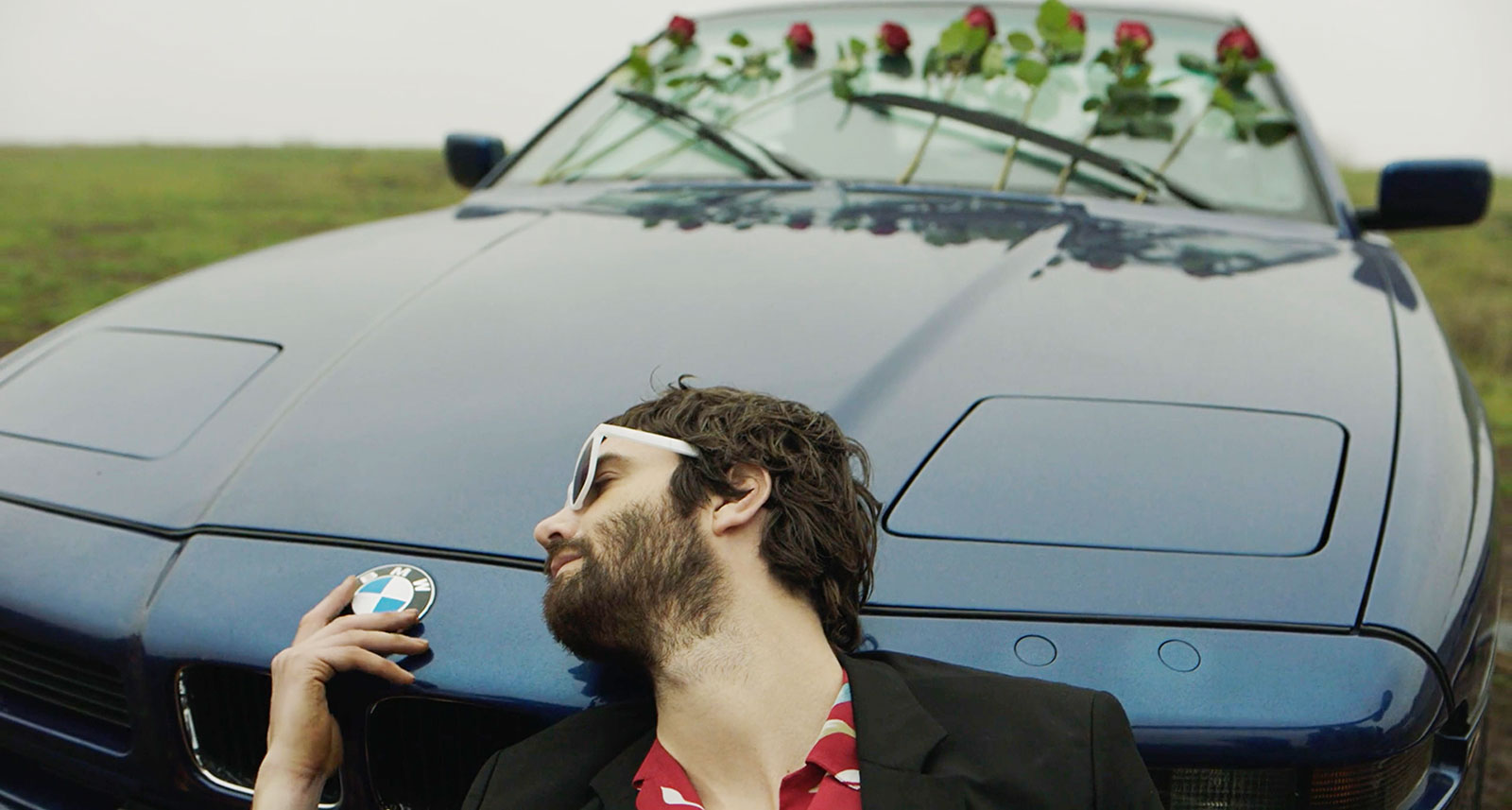While shooting my story "Berlin Ride" for Berlin, I Love You—the new film created by multiple international directors and an ensemble cast—I learned a lesson about branded content.
I suppose it was a unique situation. A brand, BMW, was a central character. I know, they all say that, but in this case, it's true. "Berlin Ride" is the story of a car that saves a photographer from suicide, brings him back into focus, offers comfort, inspiration, helps him find his passion again, opens his eyes to adventure, and then prepares him for the metaphorical road ahead. The storyline already sounds like the voiceover for BMW marketing.
What could go wrong? As it turns out, nothing went wrong. Only right, and more right—as BMW realized that heavily "featuring" the car worked not only for them but also for the story. Our photographer character had fallen in love with it. It cared for him, made him feel alive again. Oh … and the car spoke with a strong but warm voice.
So there we were in that perfect place where it's not "an excuse for a car" but "a reason for a car." Every choice I made about the film's theme of rejuvenation involved celebrating the car. Here was real synchronicity. And I suppose that sweet spot, that inadvertent experiment, made me optimistic about doing it again—for example, you could well imagine continuing stories where the BMW saves other lost souls.
And it made me reconsider the news coming out of Cannes that branded content is in trouble. Thankfully, that's not a view I personally share.
Category and quality
Branded content as a category is tricky, so we're going to have to keep creating new categories to satisfy the blurred lines of entertainment, marketing and advertising.
In a way, I'm sympathetic to Cannes organizers. As an Academy member who takes his Oscar voting seriously, I'm aware of the occasional unfairness of any tightly defined category system. The truth is that both Cannes and the Academy are going to have to start embracing other formats and forms of distribution if they want to continue to be a relevant part of the content conversation.
It's about quality, too. Audiences have become too smart, savvy and cynical. You can thank the internet for that. Gone are the days when you could force a brand into an existing narrative and hope for the best. But branded content is absolutely still a viable and creative form of marketing. It's just become a different format with different parameters.
Instead, audiences want something more subtle and authentic.
Remind ourselves it's entertainment
First and foremost, "Berlin Ride" is a piece of entertainment that hopes to inspire its audience to appreciate life. I never sacrificed story. As a result, the film is both a creative and a marketing success—it's a true narrative piece. Apply that process to any piece of branded content. Blur the lines until they go away. Look for what it all means. Personify the brand, if it helps. After all, our cars are our friends, they witness our life, we go places with them. They're loyal. In short, we love them. Personally, I remember once loving a new car so much that I would not just park it but "place" it—one, where it looked good in the available light, and two, where I could gaze at it from inside the café while I sipped my espresso. Yup, that's in the film.
It involves digging deeper, rewriting, a new perspective, but it's the best way to tap into the possibilities and reach of branded content.
On my last feature, The Space Between Us, I literally rewrote a journey that Gary Oldman's character makes to feature a driverless car. Our story was set in the near future, so it served the story as well as showed off the car, taking the angle which includes the whole vehicle in all its beauty, but ostensibly making the point that no one was at the wheel. As we move closer, we find Gary reclined and fast asleep. Director happy. Brand happy.
The early experiments in branded content understood this. When BMW Films first came out, I was very intrigued. At the time, I was working with Stellan Skarsgard and he gave me a copy of his BMW film, Powder Keg, directed by Alejandro González Iñárritu. It had a special narrative that was well written and there was a beautiful and seamless integration of the car. Nothing clumsy about it. And, of course, excellent filmmaking—tense, tragic and heartbreaking.
Apple also has excellent examples of branded storytelling. Each piece is smart, and even though you know it's an Apple ad, you still are given an experience, whether it's little creatures fighting a gamer or the simple story of a woman returning home. The brand has never forgotten to entertain its audience.
Play nice
I'm not a "them-and-us" kind of guy. I like to "recruit" rather than to "con." I'm an enthusiast, so I love to share, to process. It's not a duty, it's just how I am.
While brand and creative might seem at odds, both are striving for a balance. Brands want to make sure they have a presence in a piece of content, and the filmmaker wants to insure there is a story. Both are right. Finding a balance comes down to constantly communicating, sharing and processing.
For my film, the communication channels between me and BMW were always open. The brand had very meaningful input. After a very short time, they gave me a lot of trust, totally on board with my interpretation. They understood the non-literal, abstract feel, how I was telling a tale rather than just a story. How the whole thing was "reality plus." Usually, branding is the byproduct. Not so here—it's a promo for everything they like to project in terms of image.
A second wind?
Obvious but true: Balance the concerns of the brand with the needs of the story. Find the harmony. Rewrite the story if you have to. Expand the branding if you have to. Find the opportunities.
Brand integration in films has been shown to be very effective. It might not be right for every brand. But after this filmmaking experience, it's definitely broadened my understanding of how to create brand awareness and impact. We were under the proverbial radar and free to try different things. Some things we dumped, some we kept and developed further, finding a mix that accomplished all of our goals.
Now that it's completed, the satisfaction lies in being able to say we were true to the story and the branding simultaneously.















